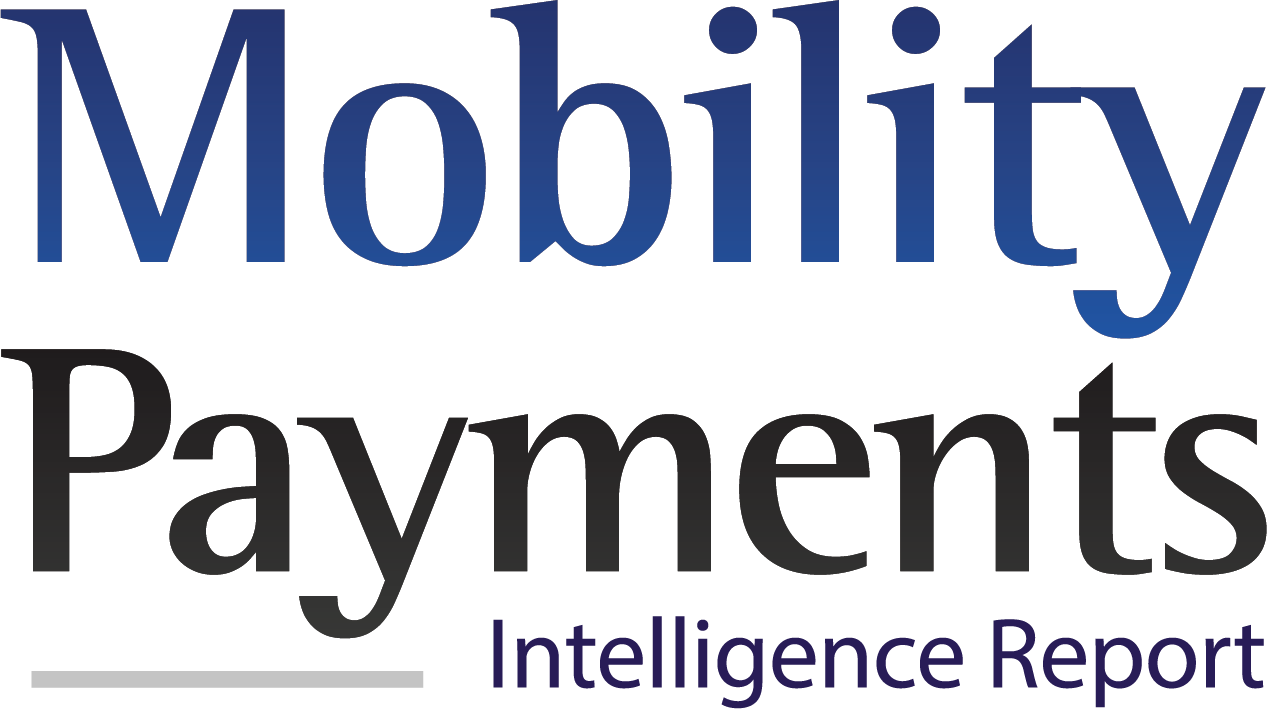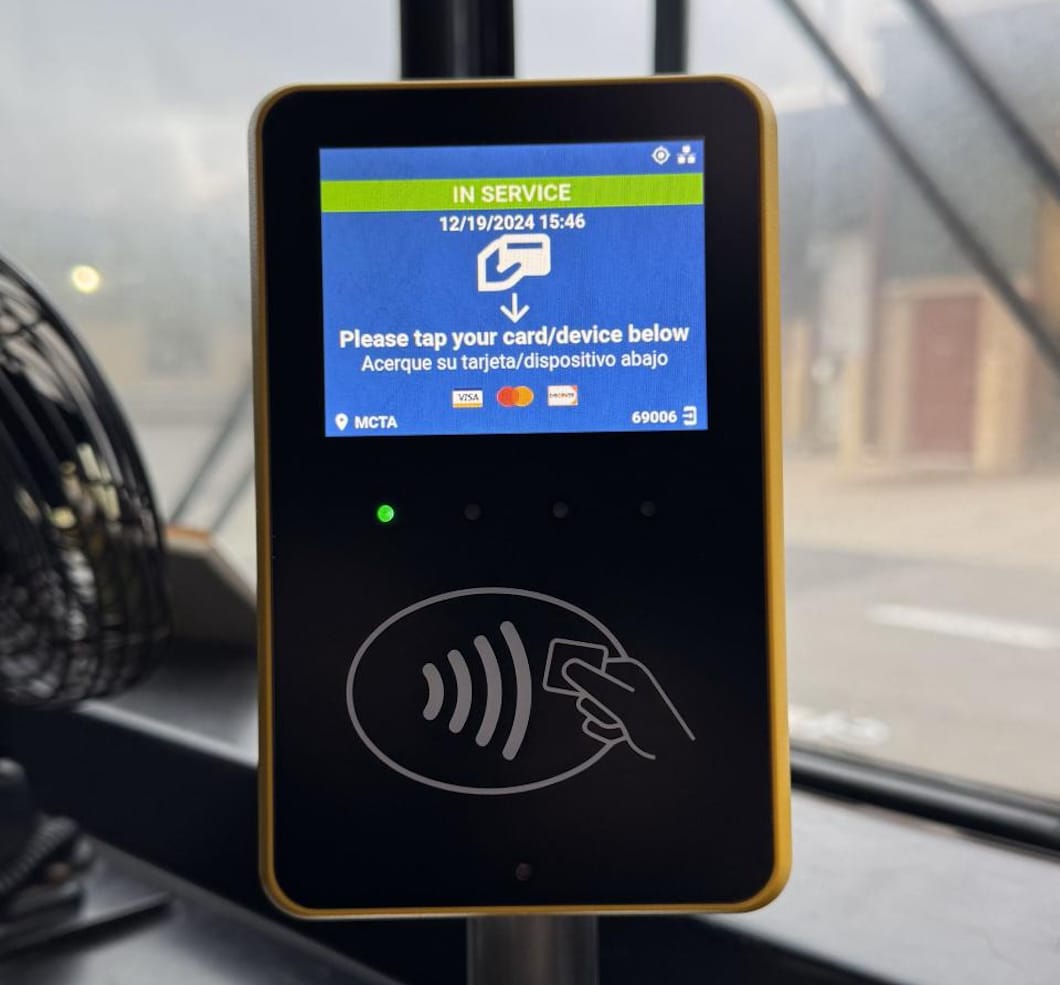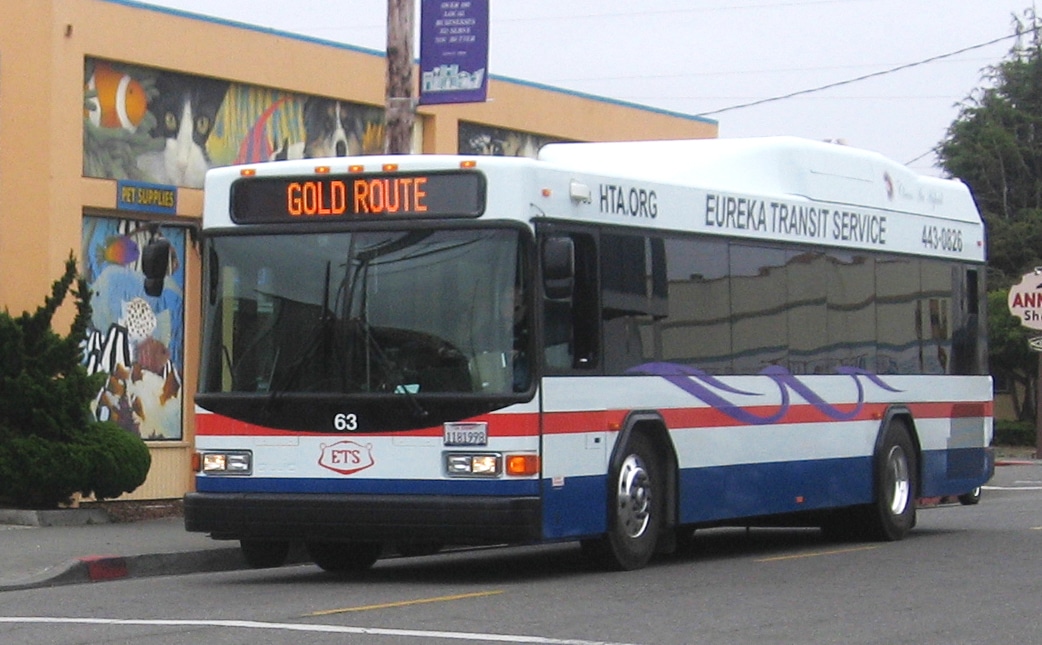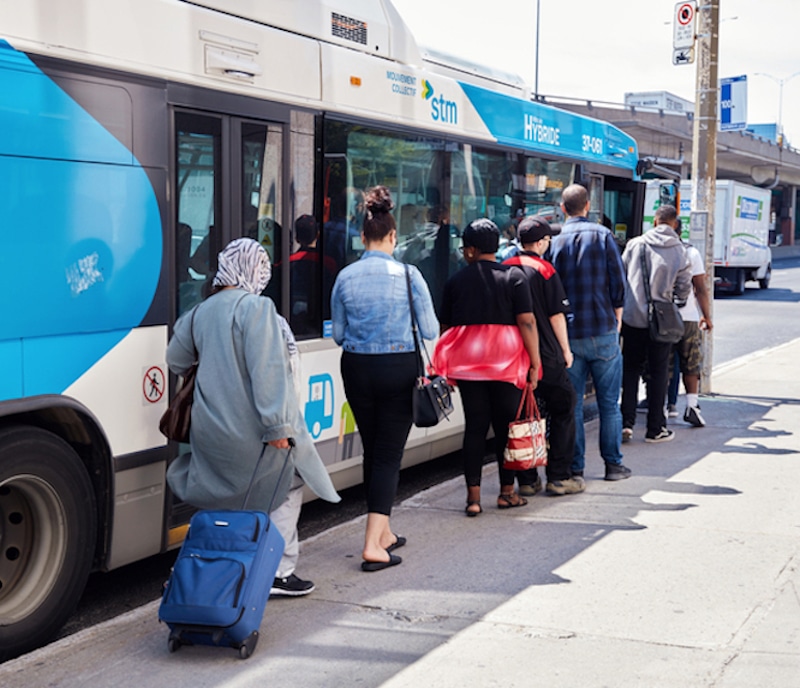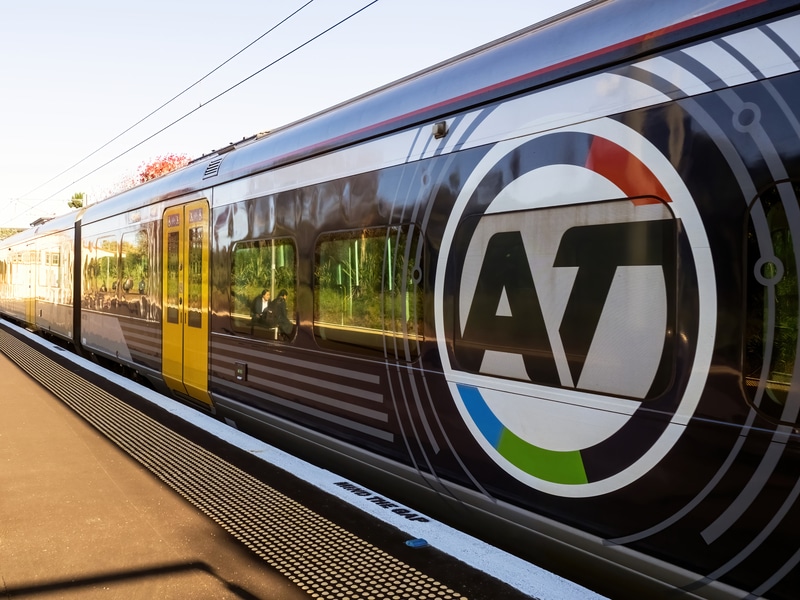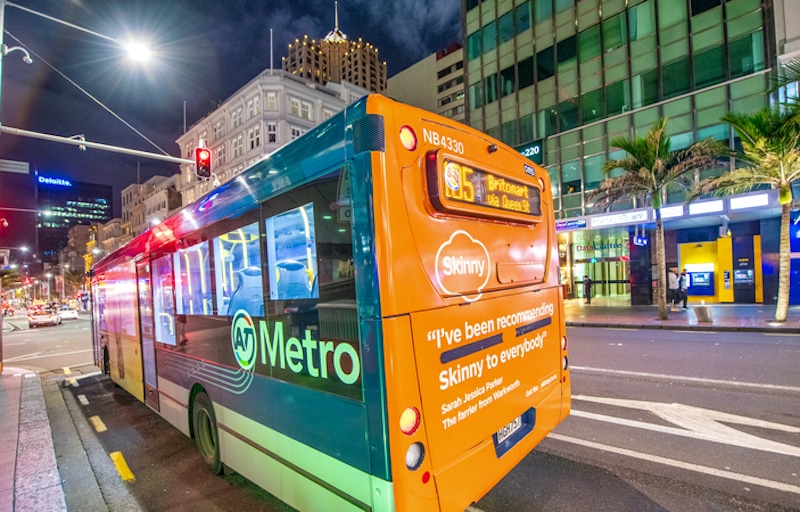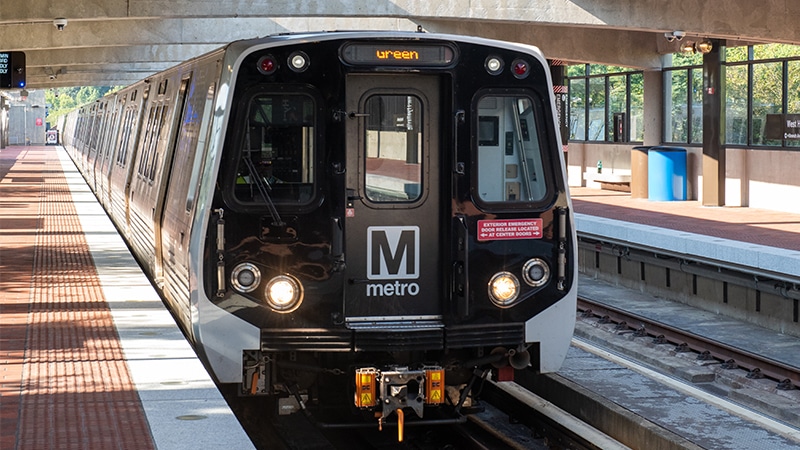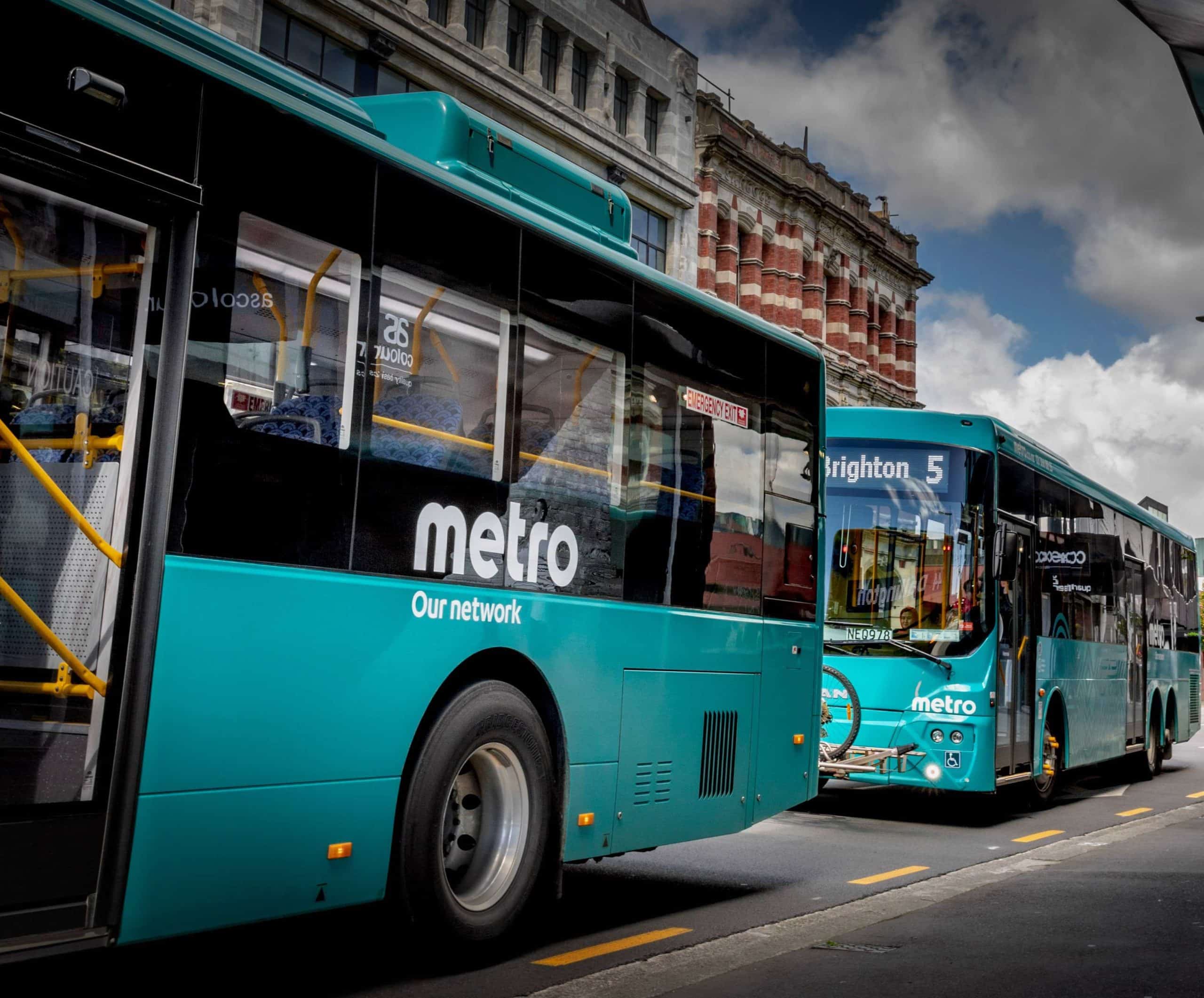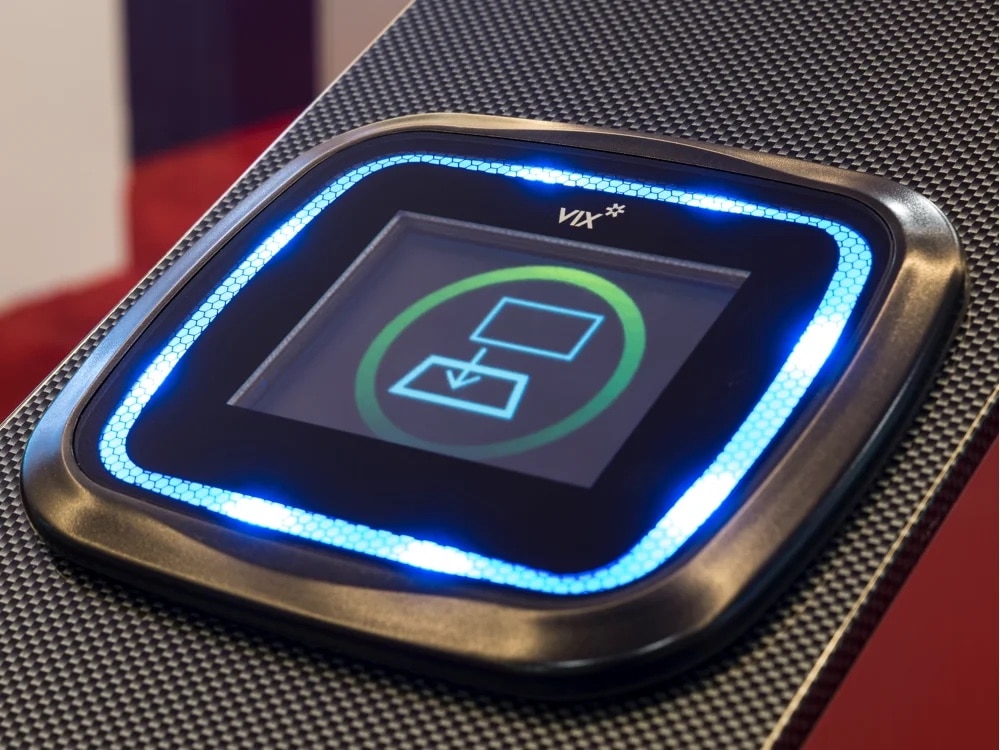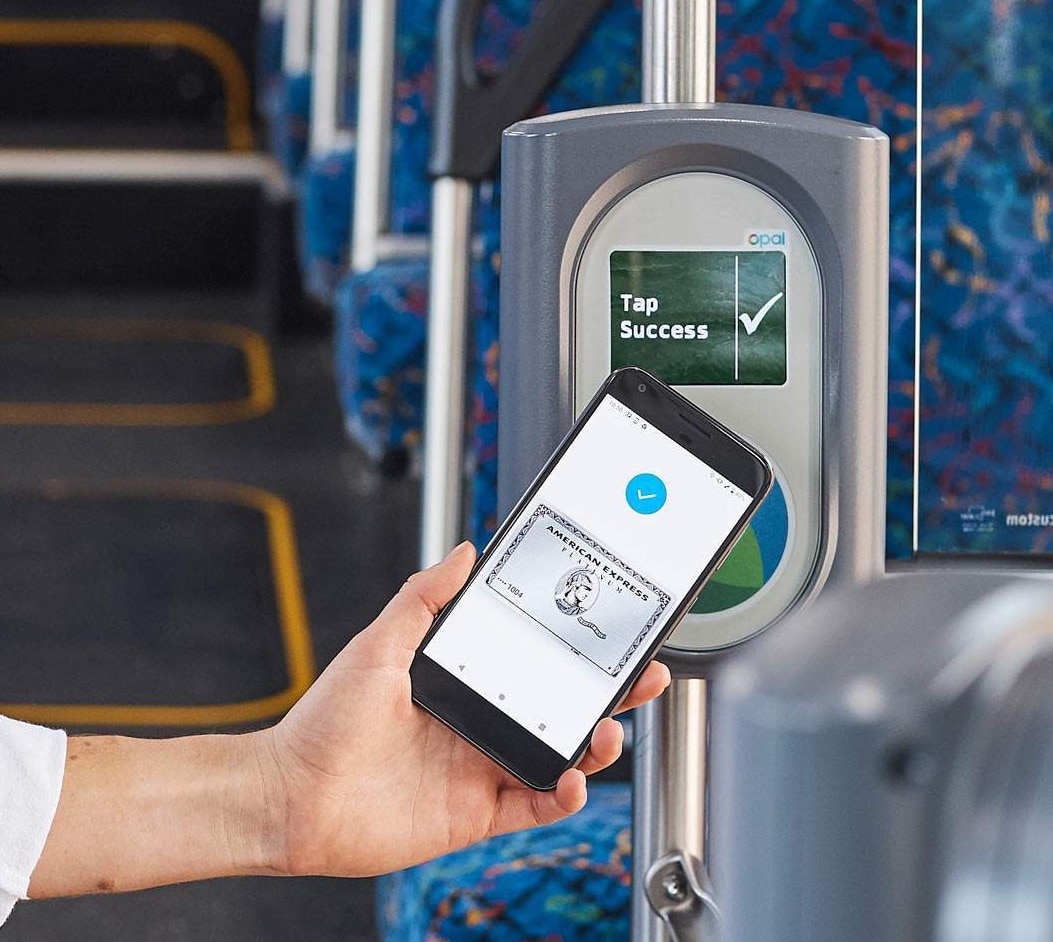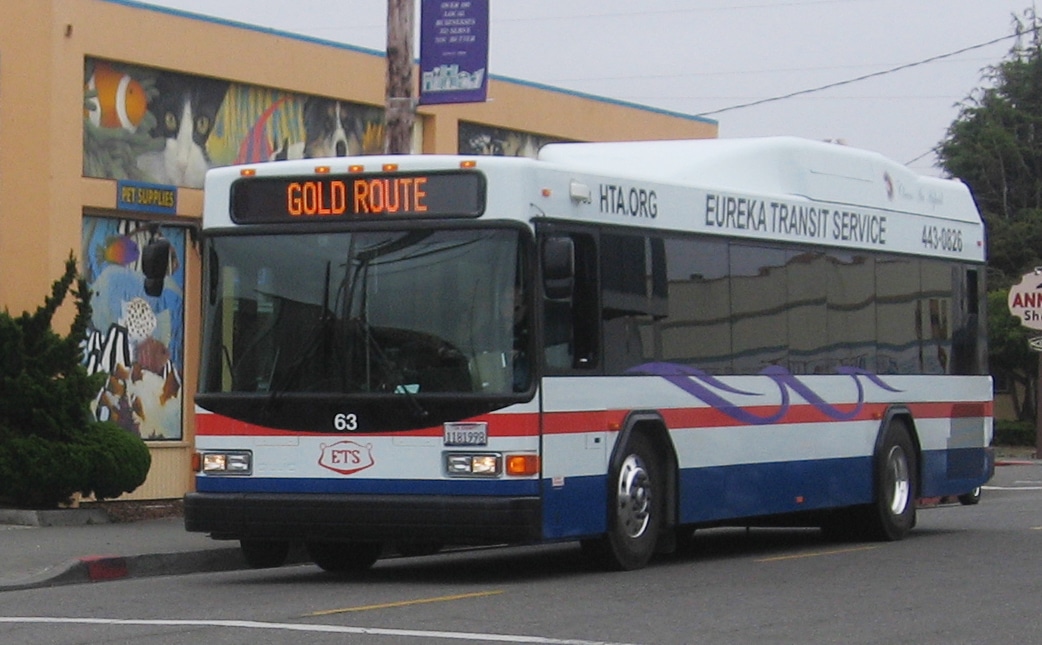
Article Highlights
The first transit agencies in California are beginning to sign contracts with vendors under the state’s Cal-ITP program. The program seeks to help agencies to roll out open-loop payments technology and encourage public transit ridership.
The agencies will separately pay for the fare technology, including validators, most using federal Covid stimulus grant funds under the CARES Act.
A group of rural transit agencies in far Northern California are in the process of signing contracts with vendors to roll out open-loop payments under the state-backed Cal-ITP program, perhaps the first agencies to confirm they are contracting with vendors beyond the pilot stage, Mobility Payments has learned.
